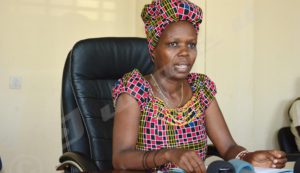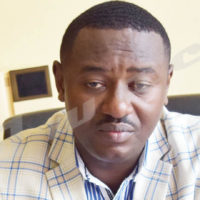The ministry of education has closed the fourth cycle (from 7th to 9th graders) of Fundamental teachings of at least thirty private schools operating in Burundi, among them “Lycée de l’avenir”, “Lycée technique Bukirasazi”, “Sunshine College”, “Lycée Technique de la Foi”, “Lycée de la Comibu de Nyabakiba”, “Lycée Jabe” …. The closed schools have got very poor performance, that is the success rate between 0% and 20%.

Janvière Ndirahisha: ” Parents should register their children to other “more successful” schools”
In the ministerial ordinance publicly issued on 3 September, Minister Janvière Ndirahisha called on parents to register their children to other “More successful” schools. “They should study in schools where teaching programs are organized following required education standard”, she said.
Gilbert Bécaud Njangwa, Legal Representative of some private schools operating in Burundi like “Sunshine College”, deplores the measure taken by the minister. “Some of our sections are closed while they didn’t register any student”, he says adding that the classes were accused of having a low success rate. Njangwa also says they didn’t receive any formal notice to change what was wrong. “We never meet the minister to talk about challenges faced in the educational sector’, he says.
Another legal representative says they didn’t receive any warning from the ministry urging them to change. “Private schools are required further to public schools. About 90% of our students come from public schools and have a poor educational background and they often succeed according to their performance in class,” he says adding that those classes would be closed gradually.
Those directors call on the minister of education to review her measures. “There will be several good-for-nothing students in the future if they are sent home, which would be harmful for the society”, says Njangwa.



















 IWACU Open Data
IWACU Open Data

